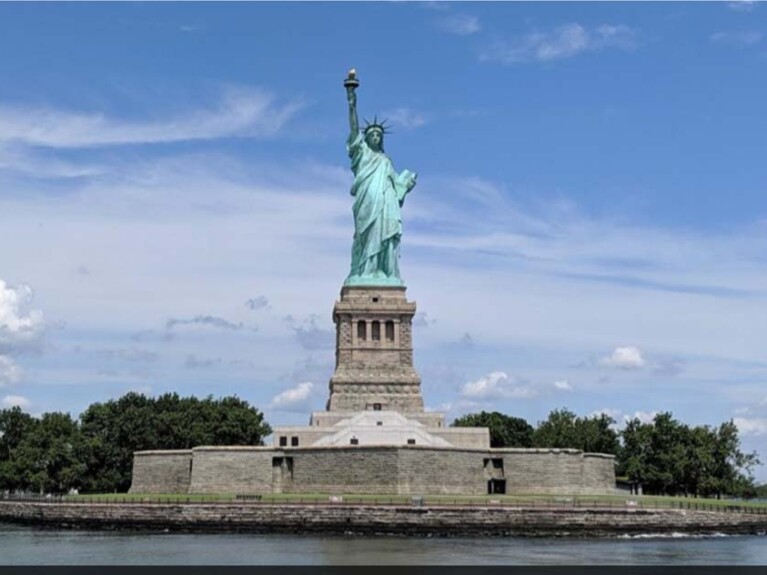THE MOVE TO AMERICA
Thomas Jackson’s father paid the price for his public support for American independence and finished up in bankruptcy. He had has property seized and as a result, Thomas Jackson and his brother came over to America in 1829 with virtually no resources and, after many hardships, settled near a canal in Reading, Pennsylvania to start their own rope making business. (See letter #2 in these Top Ten Letters.)
Later, while traveling to Richmond to buy hemp for his ropes, Thomas found himself in a slave market in full swing and was disgusted and traumatized by what he saw. His father’s glorious image of America never included references to slavery. That one incident led Thomas to devote his life to working towards abolishing what he saw as a monstrous institution. He felt that slavery was totally in conflict with what he had expected to be “The Land of the Free and the home of the Brave”.
As well as becoming a vocal abolition activist locally, Thomas Jackson decided on an ingenious strategy to use his remaining contacts in England to try to obstruct American slavery. British businesses were suffering considerable economic losses because they could no longer get cotton and he was concerned that their politicians might decide to support the Confederates to restore their supplies of cotton. Thomas saw that if England and France were to keep buying from the southern states during the civil war, that would mean that slavery would be continued, not stopped.

Thus he decided to write detailed letters with first hand accounts of American politics, events throughout the civil war and on the horrors of slavery and send them over to his cousins in England with the request that they get them published in the local press! He clearly felt that if the English citizens knew the facts about slavery and the politics behind the civil war as he knew them, they would not allow their government.
Thomas Jackson held a consistent mission throughout his life.
He worked hard to share his experiences of slavery with as many people as he could reach in the hope that he could persuade them that the institution should be totally abolished and then, later, that the freed Blacks should be given fair opportunities to grow and thrive.
He also wanted to influence his fellow citizens to embrace unity and to continue moving the country towards that “America The Beautiful” that he had been promised on his father’s knee.
This same mission is now being pursued 200 years later by The Friends of Thomas Jackson, our not-for-profit organization dedicated to continuing to make the TJ Collection available into the foreseeable future.
